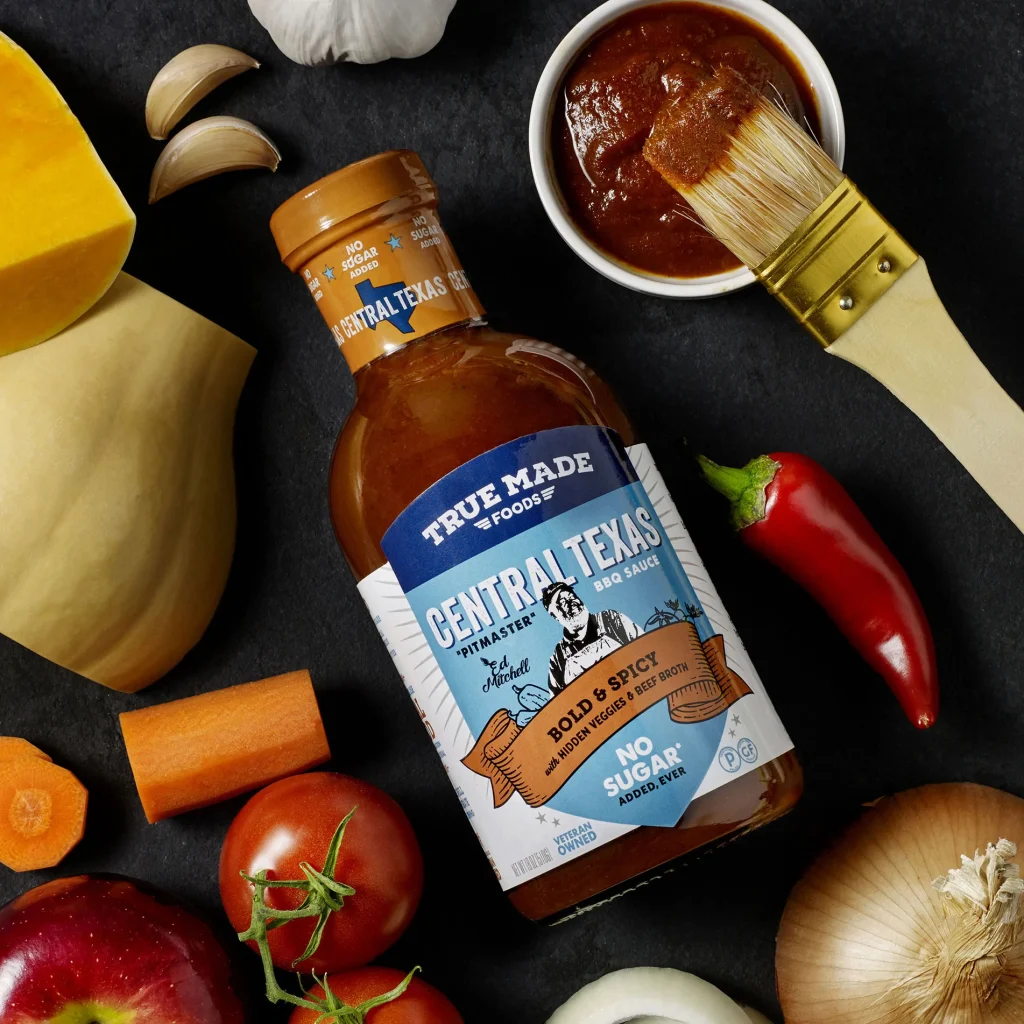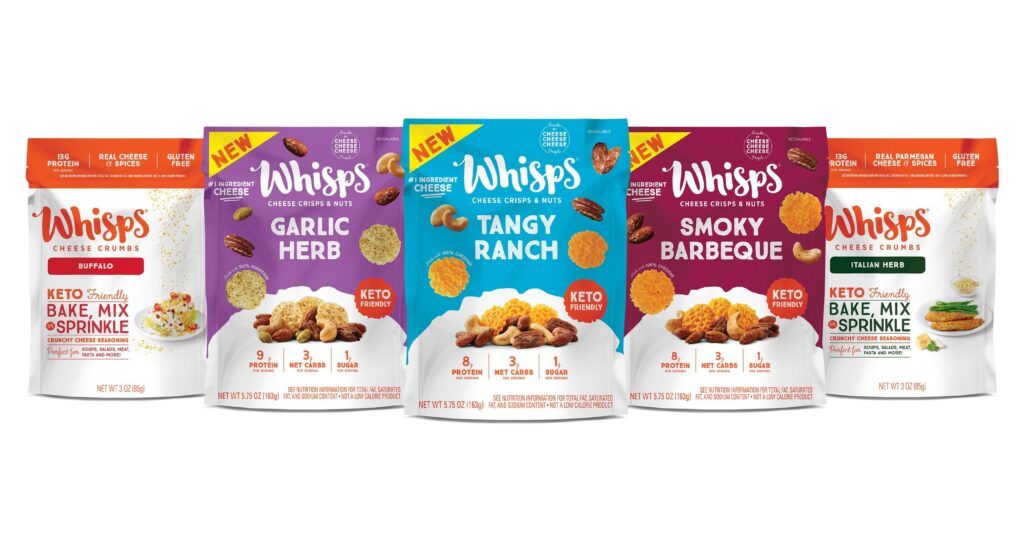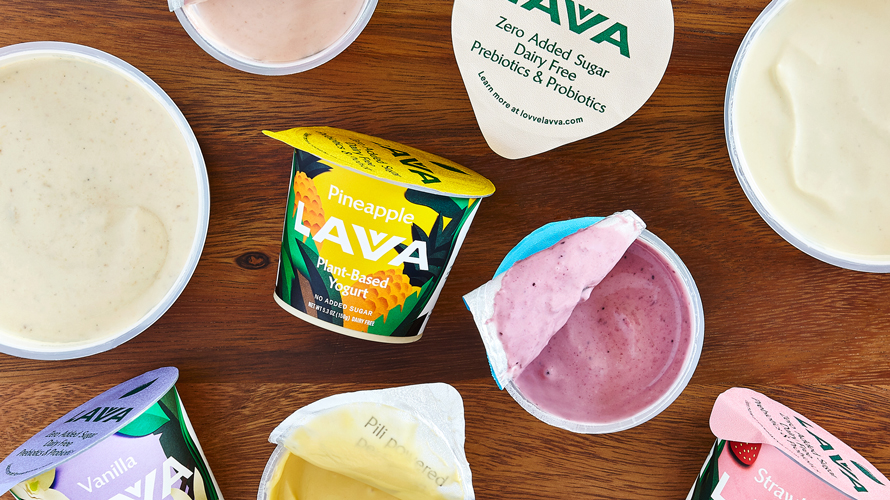3 mistakes emerging brands must avoid at launch

As part of our webinar series in collaboration with Branchfood, we brought together founders of emerging brands to discuss best practices for brands to successfully engage with buyers, boost conversions, and grow their presence to win in retail. Listen to the full webinar or find out more about Trax Dynamic Merchandising for emerging brands.
While launching a new brand, founders may find themselves pulled in several different directions – from launch plans and marketing budgets to the more mundane realities of understanding business tax structures. This may cause a lack of focus in certain other important areas. Here are 3 common yet entirely avoidable mistakes brands must be aware of and address while launching.
1. Being too niche
While it is very important for brands to have a clear idea of who their target audience is and cater to them, emerging brands must be careful not to have a product or brand that’s marketed as being too niche.

When this happens, brands run the risk of misleading the public about the true qualities of their products, or selecting the wrong stores to launch in. This was true for sugar-free condiment brand True Made Foods. According to founder and CEO Abraham Kamarck, the brand launched its ketchup as a specialty food, with a super niche target audience. As part of this strategy, the brand initially launched in about 40-odd stores, all of which were on the west coast, without any availability along the east coast.
The brand quickly realized this was a mistake, no less because Abraham himself was living on the east coast. This meant he was too far away to support the stores physically. Proximity to stores at launch helps founders do the demos, get first-hand feedback and other information they need to constantly improve. None of this was possible for True Made Foods at launch and the company had to revisit its brand positioning to ensure sales and growth.
2. Making assumptions too easily
It can be tempting for new brand owners to follow their gut and make decisions – or in some cases, avoid making them – based on assumptions. It’s particularly easy to lack confidence and simply assume that a particular market won’t thrive or a big retailer won’t want to carry your product. But such decisions should be made based on research rather than on assumptions.

Founder and CEO of Whisps, Ilana Fischer had assumed the North Carolina market wouldn’t work for the product which she considered was more suitable for those living in New York. However, the cheese crisps brand ended up being wildly popular in North Carolina.
Elizabeth Fisher, founder and director of gluten- and dairy-free product brand Lavva, also made a similar assumption, but found herself pleasantly surprised when it turned out to be untrue. She shared, “Brands often assume that the toughest buyers for the oldest retailers are the hardest to crack, but sometimes they are the easiest.” She shared one of her experiences with a buyer at Safeway, Denver, who was extremely skeptical at the start of their meeting. However, by the end of the meeting, the buyer agreed to carry the brand and said, “You’re going to remember me as the one who gave you a break.”

3. Mimicking another brand
In the rush to launch, it can be easy to simply do as your competitors are doing. However, this is a mistake as different brands have different levels of resources and brand sensibilities. For instance, they may have massive marketing budgets to launch major ad campaigns and offer freebies which a new brand may be unable to afford. Wanting to follow the brand regardless of these differences could mean that brands end up spending their capital in all the wrong areas.
Abraham shared how determining True Made Foods’ brand strategy enabled the company to avoid such a fate. He chose not to follow a hugely popular brand of ketchup with lots of capital at its disposal, and instead focused on a different player that was more similar to True Made Foods in terms of its brand positioning and lifestage. This decision not only saved True Made Foods a lot of money, it was also proven correct when then brand it followed was acquired by a large company, indicating its success.
While it is impossible to avoid any mistakes altogether at launch, recognizing the important ones that can prove most costly can help brands avoid them and launch their new brand with the best possible chance of success.



